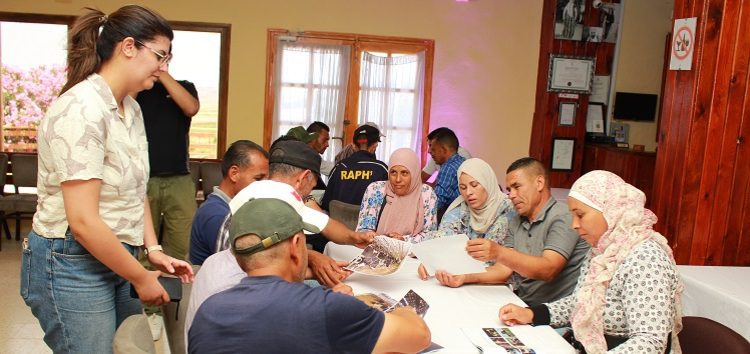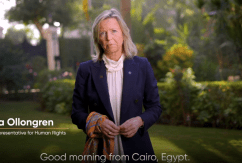EBRD and donors work with partners to strengthen Tunisia’s dairy value chain

As the world came together to celebrate World Food Day 2024 under the theme, “Right to Food for a Better Life and a Better Future”, a transformative initiative in Tunisia showed how empowering small-scale dairy farmers can have a profound impact on food security.
Since 2022, the country has experienced a shortage of milk – an essential product in Tunisian households and a critical staple in the country’s economy. In response, the EBRD, alongside its local private-sector partner Natilait, has been working to strengthen the dairy value chain through a comprehensive training programme, targeting over 100 dairy cattle farmers, aimed at improving milk quality and quantity, livestock care and farm management.
This initiative is a part of a larger Food and Energy Resilience Programme, co-funded by the USA through the Bank’s Small Business Impact Fund (Italy, Ireland, Japan, Korea, Luxembourg, Norway, Sweden, Switzerland, TaiwanBusiness – EBRD Technical Cooperation Fund – and the USA).
This programme stems from the food security roadmap developed by the EBRD in 2023, which identified the dairy sector as a key element for both food security and rural development. After conducting field visits and meeting with stakeholders, the project identified underlying constraints affecting the dairy value chain, including inconsistencies in milk supply in terms of quality and quantity. These bottlenecks have hindered the potential of the sector to meet the country’s growing demand for milk.
To address these challenges, the initiative focused on providing technical training to dairy farmers from three rural regions in Tunisia. The training emphasised building upon farmers’ technical knowledge around good farming practices, hygienic handling of milk, animal health and feeding techniques. The goal was to equip them with the additional skills needed to improve milk yields and ensure that the milk produced met higher quality standards, thereby enhancing the national milk supply.
In addition to the initial training, the programme included on-site mentoring sessions to help farmers apply the best practices they had learned. These follow-up visits allowed experts to guide farmers in real-world conditions, ensuring they could make practical adjustments to their daily protocols based on real-time feedback.
A distinctive aspect of this initiative is its human-centred approach. The programme focused on building trust and collaborative relationships between trainers and farmers. This engagement was vital for ensuring the farmers’ commitments to adopting new practices. Trainers ensured they took the time to understand the specific challenges each farmer faced, tailoring their advice to meet these needs.





























 Syria
Syria 



